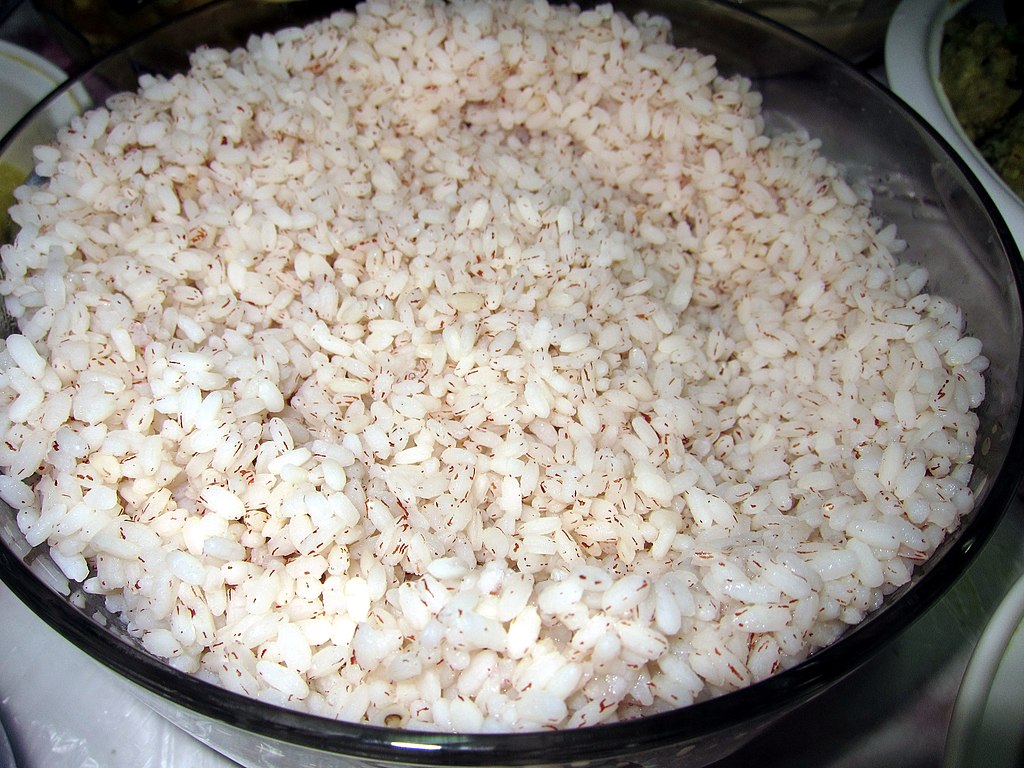Parboiled rice can be a good option for diabetic patients due to its lower glycemic index. The glycemic index (GI) is a measure of how quickly a food raises blood sugar levels. Foods with a high GI can cause spikes in blood sugar, which can be problematic for people with diabetes.
The parboiling process involves soaking and steaming the rice before removing the husk, which helps to preserve some of the nutrients found in the bran. This process also causes the starch in the rice to gelatinize, which makes it more resistant to digestion. As a result, parboiled rice has a lower GI than regular white rice.
Studies have shown that consuming parboiled rice can help to lower blood glucose levels in people with type 2 diabetes. In one study, researchers found that replacing white rice with parboiled rice led to a significant reduction in fasting blood sugar levels in people with type 2 diabetes.
In addition to its lower GI, parboiled rice is also a good source of fiber and other nutrients that can be beneficial for people with diabetes. The fiber in parboiled rice can help to slow down the absorption of carbohydrates and prevent spikes in blood sugar.
Here’s a table with the nutritional information for 1 cup (185 grams) of cooked parboiled rice:
| Nutrient | Amount | % Daily Value |
|---|---|---|
| Calories | 205 | 10% |
| Total Fat | 0.4 g | 1% |
| Saturated Fat | 0.1 g | 1% |
| Polyunsaturated Fat | 0.2 g | |
| Monounsaturated Fat | 0.1 g | |
| Trans Fat | 0 g | |
| Cholesterol | 0 mg | 0% |
| Sodium | 9 mg | 0% |
| Total Carbohydrate | 44.5 g | 16% |
| Dietary Fiber | 1.8 g | 6% |
| Sugars | 0.1 g | |
| Protein | 4.3 g | 9% |
| Vitamin D | 0 IU | 0% |
| Calcium | 13.8 mg | 1% |
| Iron | 1.0 mg | 6% |
| Potassium | 55.7 mg | 1% |
| Vitamin A | 0 IU | 0% |
| Vitamin C | 0 mg | 0% |
| Vitamin E | 0.1 mg | 1% |
| Vitamin K | 0.1 mcg | 0% |
| Thiamin | 0.3 mg | 23% |
| Riboflavin | 0.1 mg | 7% |
| Niacin | 2.1 mg | 10% |
| Vitamin B6 | 0.2 mg | 12% |
| Folate | 15.5 mcg | 4% |
| Vitamin B12 | 0 mcg | 0% |
| Pantothenic Acid | 0.7 mg | 14% |
| Phosphorus | 102 mg | 10% |
| Magnesium | 19.1 mg | 5% |
| Zinc | 1.1 mg | 10% |
| Copper | 0.1 mg | 5% |
| Manganese | 0.7 mg | 33% |
| Selenium | 11.0 mcg | 16% |
Note that the daily values are based on a 2,000-calorie diet and may vary depending on your individual needs.
Here is the nutrition table for 1 cup (158 grams) of cooked white rice according to the FDA:
- Calories: 205
- Total Fat: 0.4 g
- Saturated Fat: 0.1 g
- Trans Fat: 0 g
- Cholesterol: 0 mg
- Sodium: 1 mg
- Total Carbohydrates: 44.5 g
- Dietary Fiber: 0.6 g
- Total Sugars: 0.1 g
- Includes 0 g Added Sugars
- Protein: 4.2 g
- Vitamin D: 0 IU
- Calcium: 10 mg
- Iron: 0.8 mg
- Potassium: 55 mg
It’s important to note that the nutritional values may vary depending on the type of rice and the method of cooking.
Overall, parboiled rice can be a healthy option for diabetic patients, but it’s still important to monitor portion sizes and incorporate a variety of other healthy foods into the diet. As with any dietary changes, it’s best to consult with a healthcare professional to determine the best approach for managing diabetes.
